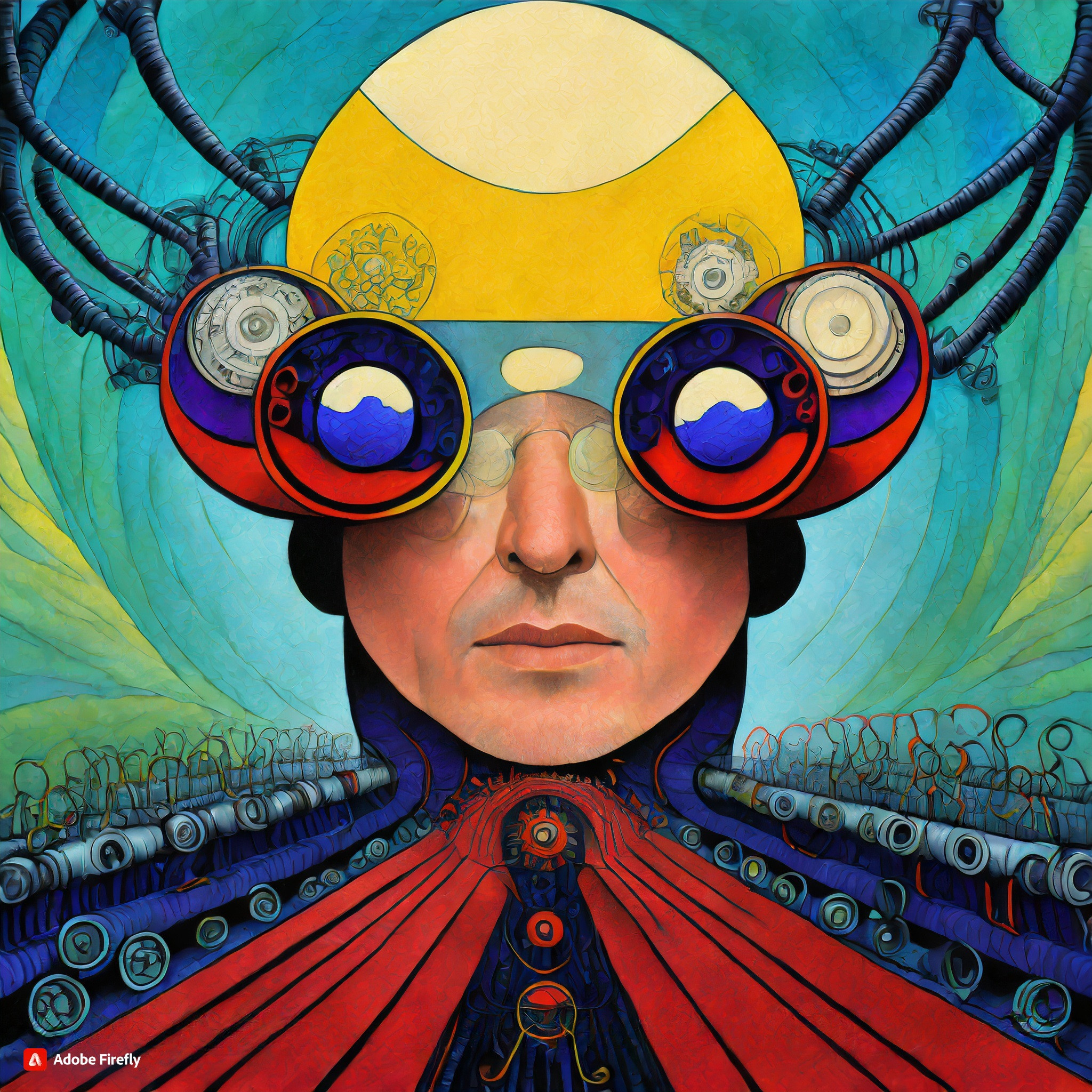Unmasking the Illusory Narratives: A Socio-Analytical Perspective on Russian Propaganda’s Mechanisms

Since the epoch of the infamous Operation Trust in the 1920s, Moscow’s leadership has consistently adopted an intricate blueprint designed to neutralize dissent, including exiles. Dozens, if not hundreds of adversaries of Soviet tyranny and the Putin regime have fallen victim to it. Drawing from sociological and historical analyses, this article unravels the layers of these narratives, providing insights into their enduring influence.
- «The Eternal Russian Identity»: The sociological concept of «collective consciousness» as posited by Emile Durkheim, highlights the shared beliefs and sentiments that unify a society. In Russia, it usually manifests itself in a century old Chekist narrative «Regimes come and go, but Russia is eternal.» This mirrors the longstanding concept of Russian messianism and the sacralization of the Russian state. By entwining the state, country, and people into a singular continuum, any critique is positioned not just against the regime, but against the very fabric of Russian identity. This paints dissenters not merely as critics but as enemies of the state. Historically, while such sacralization fosters unity, it often sacrifices individual freedoms. Russian patriotism used to be of top-down nature and state-centered, and thus, it is defined by those in power rather than by the regime’s opponents. But empires are not eternal, and sooner or later, the peoples of Russia will have to find ways to build a modern nation-state (or states), that serve the interests of the nation rather than the other way around.
- «Internal Reform vs. External Influence»: The narrative that «change can only come from within» has its roots in sociological debates about endogenous versus exogenous factors in societal change. The OGPU’s stance against active measures of White émigrés in the 1920s is reminiscent of this: by devaluing external influences and isolating the nation from global perspectives, the leadership sought to maintain control over the narrative. Here, the sociological theory of «ingroup vs. outgroup» dynamics is evident. By painting foreign allies as potential threats, the regime solidifies its internal base. Yet, as history has shown, alliances and external perspectives can be invaluable in fostering positive societal transformations. Though even today many Russian top opposition figures place exaggerated hopes for the Russian elite split and reject empathy with the people of Poland and Baltic states, whose governments impose the toughest sanctions on Russia.
- «There are Silent Dissidents within the System»: This narrative is a classic example of the «hope strategy» in propaganda — the belief in potential allies within an oppressive system. From a sociopolitical perspective, this is akin to Gramsci’s theory of cultural hegemony where the ruling class maintains dominance by fostering the illusion of shared interests. By suggesting that change agents exist within the system, it pacifies resistance and encourages a passive wait for the 'right time.' However, relying solely on internal fractures is a risky strategy, as it may lead to complacency among the masses. Weber’s classical sociological theory of bureaucracy emphasized efficiency, clear hierarchies, and rule-bound decisions. The post-Soviet Russia’s administrative system, however, has evolved based on power-property relationships, personal loyalty, and, thus, negative selection—elements that contradict Weber’s ideals. The survival mechanisms in this system are not merely hierarchical but are deeply embedded in complex power dynamics that are incongruous with the principles of modern democracy. Moreover, the current war has made the Russian bureaucracy complicit in war crimes, and the extent of each individual’s guilt is yet to be weighed.
Drawing from sociological and political science theories, we proceed to further analyze the intricate machinery of propaganda, particularly in its more recent popular manifestation:
«The Universalism Fallacy»: The modern Russian narrative that «everything is the same everywhere» taps into what sociologists term «false equivalence,» wherein disparate social phenomena are misleadingly presented as comparable. For example, by equating censorship in Russia with «cancel culture» in America, it not only strips away the nuance and context but also perpetuates cognitive dissonance. Such narratives can be traced back to the Durkheimian concept of collective consciousness, wherein a society shares and enforces certain beliefs. For many Russians, equating their experiences with those in the West is not merely a matter of misinformation but can be a coping mechanism to situate their society within global norms. Bourdieu’s sociolinguistic theories touch upon how language shapes our worldview. In the Russian context, the same terms might be used to describe vastly different sociopolitical phenomena. This linguistic overlap obscures deeper structural disparities. The allure of such narratives for many Russians, including liberals, is anchored in the psychological desire for parity, to view their nation’s progress parallel to global trends.
In conclusion, the intricacies of Russian propaganda, grounded in socio-analytical theories, demonstrate its potency and resilience. By appreciating these underpinnings, one can foster a more discerning approach to countering these narratives and cultivate strategies for authentic societal change.
